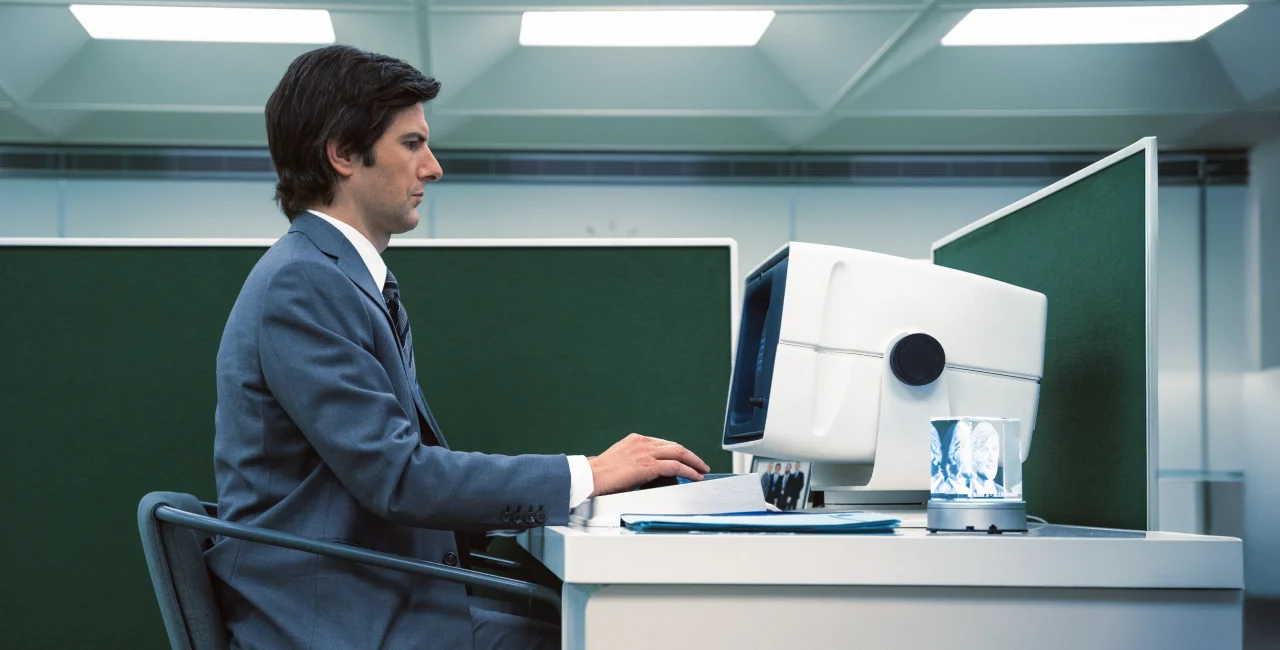Czech businesses are increasingly pushing for a return to pre-pandemic office attendance, citing concerns over productivity, corporate culture, and team collaboration. However, employees are resisting, with many prioritizing flexibility and remote work over higher salaries, creating a growing standoff between companies and their workforce.
Some companies have had enough
"In industries like finance, accounting, shared service centers, administration, construction, and IT, we see a clear trend of companies trying to bring employees back to the office," Agnieszka Pietrasik, director at personnel agency Hays, told Czech media outlet Deník N.
Some studies suggest that extensive remote work has led to a productivity drop of up to 30 percent, according to Pietrasik.
Some large Czech firms are also following the example of American corporations such as Amazon and JPMorgan Chase, which have either eliminated or drastically reduced remote work. While few Czech companies are demanding full-time office attendance, many are pushing for at least three to four days in the office.
Remote work crucial in job hunt
Despite this shift, employees remain reluctant to give up remote work, which has become a key factor in job selection. A survey by StartupJobs found that for IT professionals and startup employees, the ability to work remotely is more valued than financial bonuses. "Companies want employees back in the office, but they also know they cannot enforce it too strictly, or they risk losing talent," Filip Mikschik, CEO of StartupJobs said.
“Here, finding skilled employees is still a major challenge," Mikschik added. "The companies that offer flexibility will have the advantage in attracting top talent."
Some business leaders believe that shifting from a 2+3 model (two days remote, three in-office) to a 3+2 or even 4+1 arrangement is inevitable. "HR professionals feared that stricter attendance rules would trigger resignations, but so far, most employees are adapting," said Martina Černá, CEO of HR firm Jobs Contact. "That said, companies enforcing full-time office attendance risk losing young and highly skilled workers,” she added.
Striking a balance
While some Prague-based companies, such as UOL Accounting, maintain strict office policies, others are investing in office renovations and workplace perks to encourage attendance voluntarily. "Making the office an attractive workplace is the best way to get employees back," said Josef Jankovský, HR manager at fashion accessory company Vuch.
František Boudný, head of the Předvýber recruitment agency, believes the trend of returning to the office began last year and will continue this year, though not forcibly. "Companies will aim to strike a balance between flexibility and in-person interaction.
Are you currently allowed to work remotely in your job?
They view remote work as a valuable tool in their personnel strategy but also recognize that regular face-to-face meetings are essential for collaboration, corporate culture, and productivity. Experience shows that when people work together in person, things run a bit more smoothly."
As companies continue to push for office returns, employees hold strong bargaining power. "For many professionals, flexibility is non-negotiable," said Tomáš Pavlíček from jobs portal Prace.cz. "Ultimately, companies may have to adapt rather than enforce rigid policies,” he summarized.












 Reading time: 2 minutes
Reading time: 2 minutes 
























